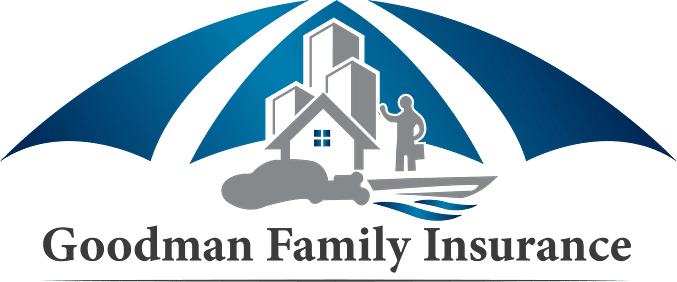Auto Insurance Built for Wisconsin Drivers
From snowy commutes in Waukesha to tight parking downtown Milwaukee, auto insurance in Wisconsin needs to do more than meet the minimums. We help drivers in Brookfield and beyond get coverage that fits the way they drive — and the roads they drive on — with competitive rates from top carriers.
Whether you're looking for basic liability or full coverage protection, we’ll walk you through your options, shop for savings, and help you stay protected out there.
Coverage Options That Make Sense
No two drivers are the same — that’s why auto insurance should never be one-size-fits-all. We’ll help you choose the right mix of coverages, including:
Liability Insurance
Covers damage you cause to others in an accident. This includes bodily injury and property damage. Required by law in Wisconsin.
Collision Coverage
Helps pay to repair or replace your car if you hit another vehicle or object, regardless of who’s at fault.
Comprehensive Coverage
Protects against non-collision damage like theft, fire, hail, falling branches, or deer strikes (a real concern on Wisconsin roads).
Uninsured/Underinsured Motorist Coverage
Covers you if you’re hit by someone who doesn’t have insurance — or not enough. This is required in Wisconsin and protects you from being stuck with someone else’s mistake.
Medical Payments / Personal Injury Protection
Helps cover medical expenses for you and your passengers after a crash, regardless of who’s at fault.
We’ll explain everything in plain English so you understand what’s covered — and what isn’t.
Wisconsin Auto Insurance Requirements
By law, Wisconsin drivers must carry:
- $25,000 for injury or death of one person
- $50,000 for injury or death of two or more people
- $10,000 for property damage
- Uninsured motorist coverage: $25,000/$50,000
These are just the minimums, and many drivers choose higher limits to avoid paying out of pocket after an accident. We’ll help you find the right level of protection based on your driving habits, budget, and vehicle value.
How to Save on Car Insurance in Wisconsin
Getting the right coverage shouldn’t mean overpaying. We’ll help you find discounts you actually qualify for, including:
Bundling Discounts
Combine your auto & [homeowners insurance] or renters policy for extra savings
Good Driver Discounts
No accidents or tickets? That can save you money
Student Discounts
Good grades can mean lower rates for teen drivers
Multi-Vehicle Discounts
Insure more than one car on the same policy
Telematics Programs
Some carriers offer app-based programs that reward safe driving habits
We compare multiple carriers at once — saving you time, hassle, and money.
Why Work with a Local Agent?
Big-name carriers might promise cheap rates, but they won’t walk you through your policy or explain how your coverage actually works. We’re a local, independent agency right here in Brookfield — and we care about helping our neighbors make smart insurance choices.
- We compare top insurance companies to find the best fit for your budget
- We’re easy to reach if you have a question, need help with a claim, or want to update your policy
- We’ll never oversell coverage you don’t need — but we’ll always explain what’s smart to have
Bonus:
Get a $25 gas card when you request a car insurance quote from us. It’s our way of saying thanks for giving us a chance to help.
Need More Protection?
If your liability limits aren’t enough to protect your assets or future income, ask about adding [Umbrella Insurance] for extra peace of mind — especially if you own a home or multiple vehicles.
Real Questions from Wisconsin Drivers
Is Wisconsin a no-fault state?
No. Wisconsin is an at-fault state, which means the driver who caused the accident is responsible for covering damages. That’s why liability insurance is so important.
How much is car insurance in Wisconsin per month?
It depends on your location, vehicle, driving record, and more. Some drivers pay under $100 a month, while others may pay more. We’ll compare options to find the best deal for you.
Do I need uninsured motorist coverage in Wisconsin?
Yes — it’s required by law. It helps cover your medical bills if you're hit by an uninsured or underinsured driver.
How can I lower my car insurance premium?
You can bundle policies, maintain a clean driving record, raise your deductible, or sign up for a usage-based program. We’ll explain which options work for you.
What’s the difference between full coverage & liability?
Liability only covers damage to others. Full coverage typically includes collision and comprehensive protection for your own car, as well.

